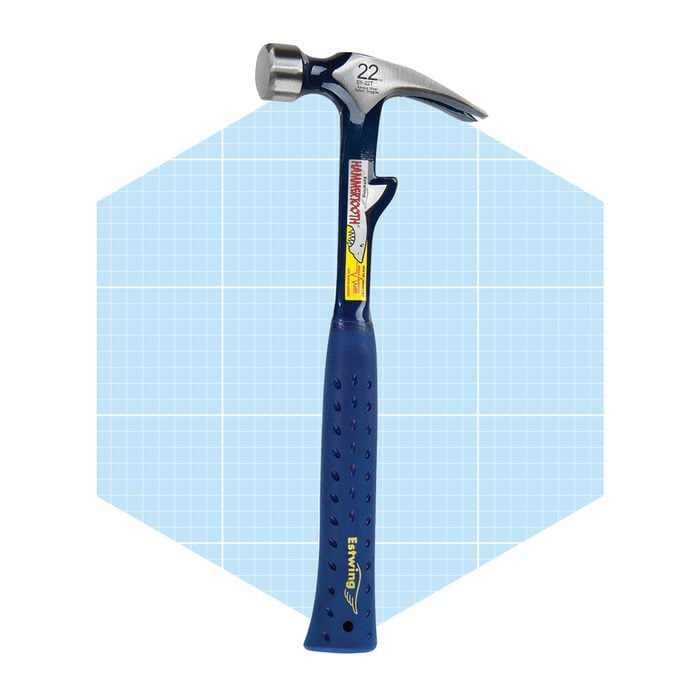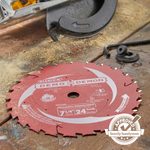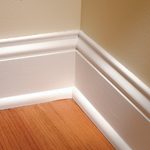If You See a ‘Tooth’ on Your Hammer, This Is What It’s For

Ever come across this type of hammer and wonder what it's for? Here's the scoop.
A proper frame is key to a strong house that can withstand inclement weather and decades of wear. And when constructing the frames for walls, floors and roofs, nothing is more important than ensuring sharp right angles and straight alignments. Correct measurements will yield strong, straight walls. Fortunately, this is easier than ever to achieve with the help of a specific hammer—one that comes with a little tooth on it. It’s called a hammertooth hammer, and it’s especially useful for framing projects.
What Is a Hammertooth Hammer?
A hammertooth hammer is mostly like a regular hammer, but comes with a small tooth that extends out from the handle a couple of inches below the claw. The primary producer of hammertooth hammers is Estwing, which offers 22- and 24-ounce varieties, as well as milled or smooth faces.
What Is a Hammertooth Hammer Used For?
Hammertooth hammers are best used for straightening 2x lumber while framing. The distance between the claw and the tooth is made to snugly cradle the edge of the lumber, allowing contractors to easily align studs, joists and trusses against their plates and rim joists.
Better yet, the hammertooth hammer can be used one-handed while the handyman holds a nail gun in their other hand to attach the 2xs. To better visualize the hammertooth hammer in action, check out this official promotional video from Estwing.
Helpful Framing Tips to Consider When Using a Hammertooth Hammer
Now that you’re armed with the proper equipment, it’s time to start framing! Before you put on your safety goggles, familiarize yourself with some common mistakes to avoid and helpful best practices.
Here are a few tips to keep in mind while framing:
- Use square-edged lumber instead of round-edged. Sharp edges lead to more accurate lines and measurements.
- Mark the top-facing wide edge of the plates, not just the side-facing edge. This will help you align your studs better since you won’t have to crane your head at an angle to match the marks.
- Snap long lines in two steps. Have a buddy hold a long chalk line in the middle and snap each half of the line separately. This will ensure the straightest line over a long distance.
- When framing walls, nail the tie plate to the top plate over the studs only. This way, electricians and plumbers won’t struggle with any nails in their way as they cut holes.


